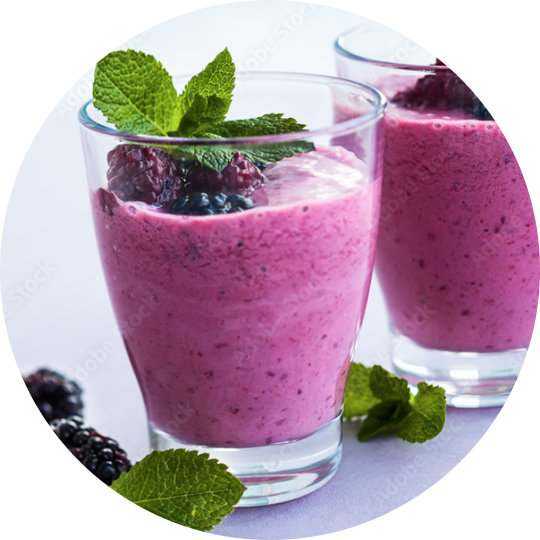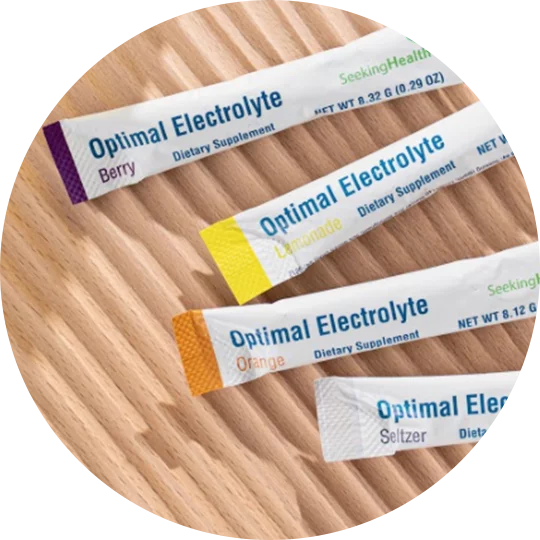Everything you need to know about electrolytes.
What Are
Electrolytes?
Electrolytes are a group of minerals that carry an electric charge.
These minerals are sodium, chloride, potassium, calcium, magnesium, phosphate, and bicarbonate.
You need the right balance of electrolyte levels in your body for optimal health and peak physical performance.†
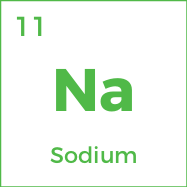
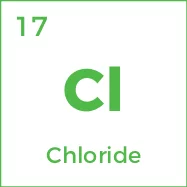
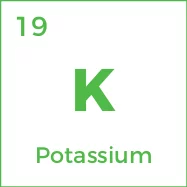
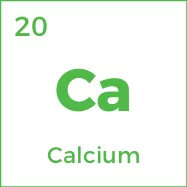
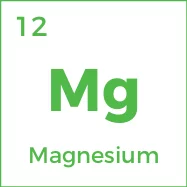
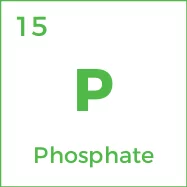
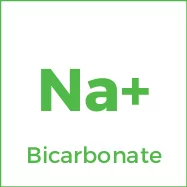
The electrical charge that electrolytes carry is literally the spark of life!
Without it, you wouldn’t have a thought in your head, nor would any movement be possible. These essential minerals play a role in many fundamental metabolic processes, such as:
Hydration & Fluid Balance
Healthy Muscles
Nerve Signaling
Acid-base Balance
Brain & Nervous System Function
Balanced & Happy Mood
Electrolytes are dissolved in body fluids (such as your blood, the cytoplasm inside your cells, or the interstitial fluid outside of your cells). When this happens, they become ions that can conduct electricity. This is how electrolytes facilitate the physiology that benefits your brain, body, and overall wellness.† (1)
Electrolytes
& Hydration
A few days without water and you are no longer living.
Even if you’re drinking water, you may be far from optimal in terms of hydration. Hydration is defined as the process of causing something to absorb water. Absorbing water takes way more than drinking.
If you’re not absorbing water, you are dehydrated. Dehydration is when you have lost a significant amount of water from your body. It can also be when you have lost water from your cells.
Water, as a percentage of body weight, is very significant.
As your body ages, you become more and more dehydrated for a variety of reasons. By weight, infants are 75% water, 1 year olds are 65%, and by 50 years old, humans are down to about 55%. By age 19, females have an average of 10% less water weight than males. Muscle tissue holds more water and is more hydrating.(2)
Some organs store lots of water. If you’re dehydrated, so are they.(3)
Roughly 65% of your body’s water is stored inside of the cells. The rest is found outside of the cells – in blood, lymph, and extracellular space.
Blood plasma makes up more than half of your body’s blood volume. It is more than 90% water.(4) Plasma helps carry vitamins, minerals, blood cells, and hormones all throughout the body. If you are dehydrated, you’re not delivering these effectively to all the tissues in need.
Your body needs electrolytes for proper hydration. If you only drink plain water, you’re probably not getting enough.†
Water content in our organs(3)†:







Your body water percentage may decrease for some common reasons, including†:
- Reduced muscle mass as you age
- Reduced electrolytes as you age – especially magnesium and potassium
- Reduced kidney function (due to oxidative stress, high homocysteine)
- Reduced aldosterone production (which is made by your adrenal glands)
- Reduced thirst sensation as you age
- Weakened cell membranes that leak water
Symptoms of Electrolyte
Deficiency
Electrolytes are one of the most overlooked things by people who eat ‘healthy.’ You may still have low levels of electrolytes even if you eat well!
What Causes Electrolyte Imbalance?
Anyone can develop an electrolyte imbalance.
Your body maintains electrolytes within tight parameters, known as
electrolyte balance. When this balance is disrupted, electrolyte-dependent systems operate less efficiently.
Your risk for electrolyte imbalance increases when you:
- Don’t drink enough water
- Don’t eat enough food
- Drink too much water
- Consume too much alcohol
- Have heart, kidney, or liver problems
- Have blood sugar issues
- Have thyroid or adrenal problems
- Experience fever, vomiting, or diarrhea
- Sweat a lot from exercise or heat
- Take certain medications, like diuretics
Short-Term Imbalance
Symptoms of short-term electrolyte imbalance can include†:
Long-term Imbalance
Symptoms of long-term electrolyte imbalance can lead to†:
Electrolyte
Supplements
What to Look For in an Electrolyte Product
Because low-grade electrolyte deficiency is pretty common, many people like to supplement with electrolytes daily to ensure their bases are covered.
Unfortunately, commercially available electrolyte products frequently contain sugar and artificial ingredients. Worse than that, they can lack actual electrolytes!
It’s important to research the electrolyte products you are taking or considering. Just as important, you want to research the company that is manufacturing them!
Things to look for in an Electrolyte Product:


Well-Tolerated Forms
For nutrients where multiple supplemental forms exist, obtaining the best form enhances your body’s ability to absorb and utilize the nutrient.


GMP-Certified Facilities
Choose a supplement company whose manufacturing facilities follow a strict set of quality standards for the products. For example, they must test for the purity of their ingredients upon receiving them.


Potency
You should seek a product that contains nutrients in the amount that your body requires for optimal health.


Science-Backed
Make sure the electrolyte formulas you are looking at are based upon actual scientific research! It’s important to have this level of assurance in an industry where nearly anything can be bottled and sold.
The Problem With Most Electrolytes on the Market
Popular commercial sports drinks often contain a lot of sugar, additives, preservatives, and artificial colors. Sometimes they even lack actual electrolytes!
Electrolyte products can come in many forms. They can be brightly-colored sports drinks or dissolvable tablets that are added to water. They can also be liquid blends or powders. Ultimately, it’s what is in the electrolyte product that matters. They’re not all the same. Just because something is labeled electrolyte does not mean it contains all the right nutrients.
Some of the awful ingredients that can be found in electrolyte products include†:
- Many teaspoons of sugar per serving
- High fructose corn syrup
- Modified food starch
- Artificial food coloring
- Artificial sweeteners
And that’s just what can be found in common electrolyte products you’d see on store shelves! None of these additives are required for electrolyte purposes. They can even take away from the healthful benefit you’re trying to achieve.†
Reading the Label
Reading the label of your electrolyte product is the most important step. While plain water is fine for mild workouts that last for less than an hour or don’t involve heavy sweating, you’ll need electrolyte replacement for heavy training sessions or extended periods that go beyond an hour.† Electrolytes can contain different serving sizes and different amounts of nutrients.
When you’re reading labels, you’ll want to consider these things:


Serving Size
Some sports drinks are actually more than one serving, so the grams of sugar included may be 2 or 3 times as high as you think.


Sugar
Speaking of sugars, you need to pay attention to how many added sugars are in your beverage. Even if you’re doing hard, long workouts, you don’t need to be consuming corn syrup or simple sugar to fuel your workouts.†


Electrolytes
According to many studies, most people are consuming too much sodium on a daily basis. The Standard American Diet contains a lot of salt. Some beverages or electrolyte products only contain sodium, but for optimal results, you need to replace potassium and magnesium, too. This can help your muscles recover faster and lead to faster recovery and fewer cramps.†


Calories
If you replace a lot of electrolytes, choosing a powder or a product that does not contain excessive added sugars and calories can be a better option. Unless you are exercising vigorously when consuming these sugary products, they may contribute to weight gain and body fat.†


Vitamin Drinks
Some products seem to replace electrolytes or provide nutrients, but they may be misleading. You need to read the labels and make sure they contain meaningful amounts of these vital electrolytes. For example, at least 500 mg of potassium, 125 mg of sodium, and 150 mg of magnesium.†
Optimal Electrolyte by Seeking Health†
It’s easy and so much healthier to make your own electrolyte replacement drink with Optimal Electrolyte by Seeking Health.†
Optimal Electrolyte by Seeking Health is formulated by Dr. Ben Lynch based upon biochemical pathways and research rooted in bioavailability and epigenetics.
Optimal Electrolyte contains a unique combination of nutrients. This one-of-a-kind electrolyte formula contains essential electrolytes in bioavailable forms, along with energy-supportive nutrients such as D-Ribose, Creatine, and Niacin.†
Optimal Electrolyte Provides:
- Sodium
- Potassium
- Magnesium
- Nutrients to support energy, muscle development, mental focus, and clarity: Taurine, D-Ribose, Creatine, and Niacin†
Natural and Delicious
Optimal Electrolyte is lightly sweetened with monk fruit. Each serving contains only two grams of added sugar, which comes from d-ribose. Optimal Electrolyte contains no artificial ingredients and comes in a variety of natural, delicious flavors:








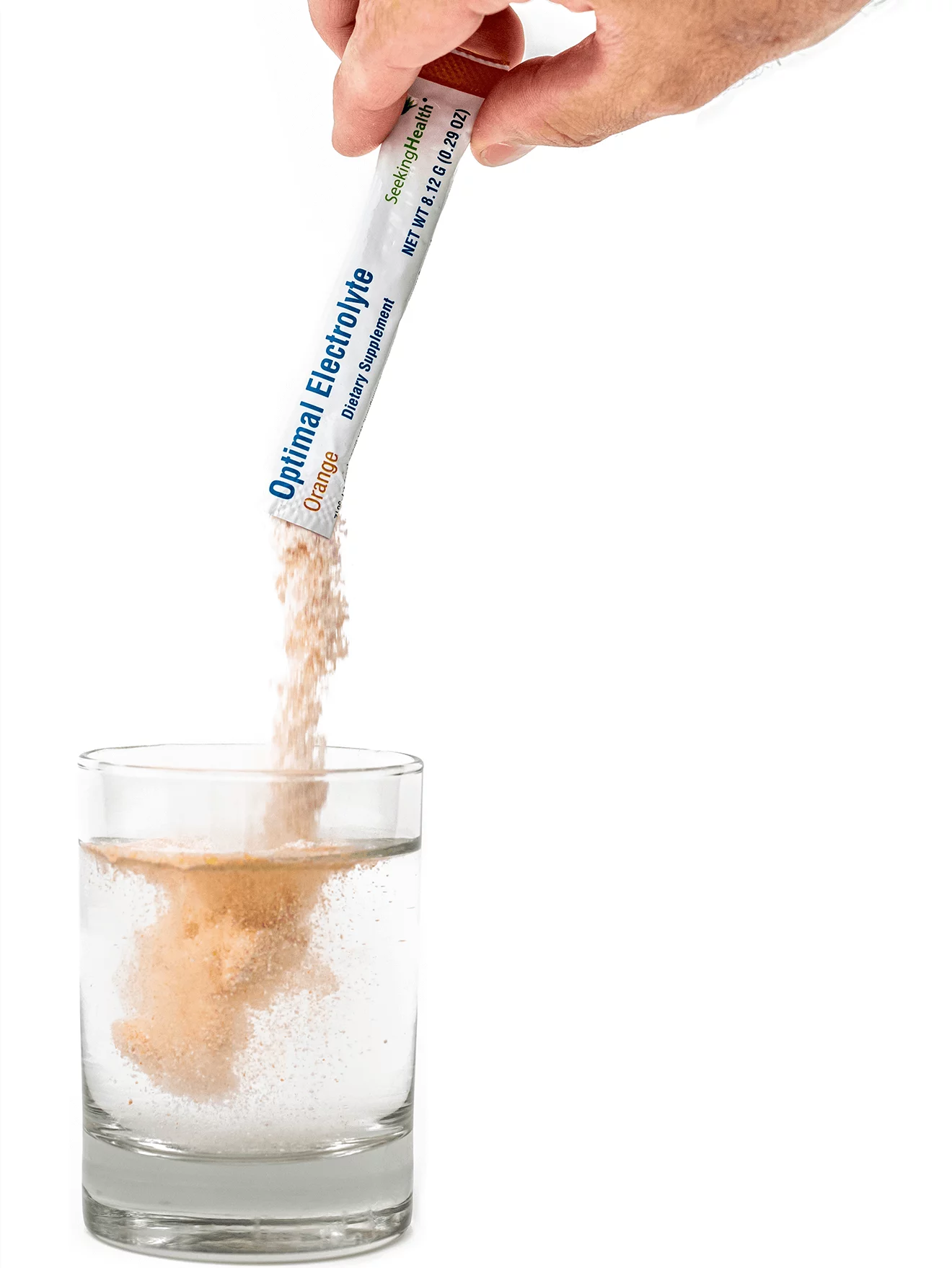

Can Anyone Take Electrolytes?
If you have a medical condition that warrants limiting electrolytes, or you’re just not sure that electrolyte supplementation is right for you, seek advice from a trusted medical professional before supplementing.
Before supplementing with electrolytes, contact your medical professional if you have any of the following†:
- Heart problems
- Poor kidney function
- You have been diagnosed as salt-sensitive
- You are at risk of hyperkalemia
- You are on medication that may alter electrolyte and acid-base balance such as diuretics or insulin
The Easiest Ways to Take Electrolytes!
The easiest way to get your daily electrolytes is to mix a high-quality electrolyte powder in a small amount of water and let fizz. Stir to dissolve while adding additional water. Then drink!
Optimal Electrolyte Stick Packs
Optimal Electrolyte Stick Packs are convenient for athletes or when you’re on the go.
Optimal Electrolyte Jars
Optimal Electrolyte jars are great for use at home to minimize waste and increase ease of use.
Tips:
- Use super cold water to reduce fizzing from the malic acid
- Keep in a cool, dry area to avoid clumping
- Follow all instructions for use!
It’s important to note that you should only take Optimal Electrolyte as directed. Making “stronger” electrolyte water is not only ineffective, it’s unsafe.† You need plenty of plain water for optimal health, too. If you have questions about how often to use Optimal Electrolyte or any other electrolyte product, ask your healthcare provider.
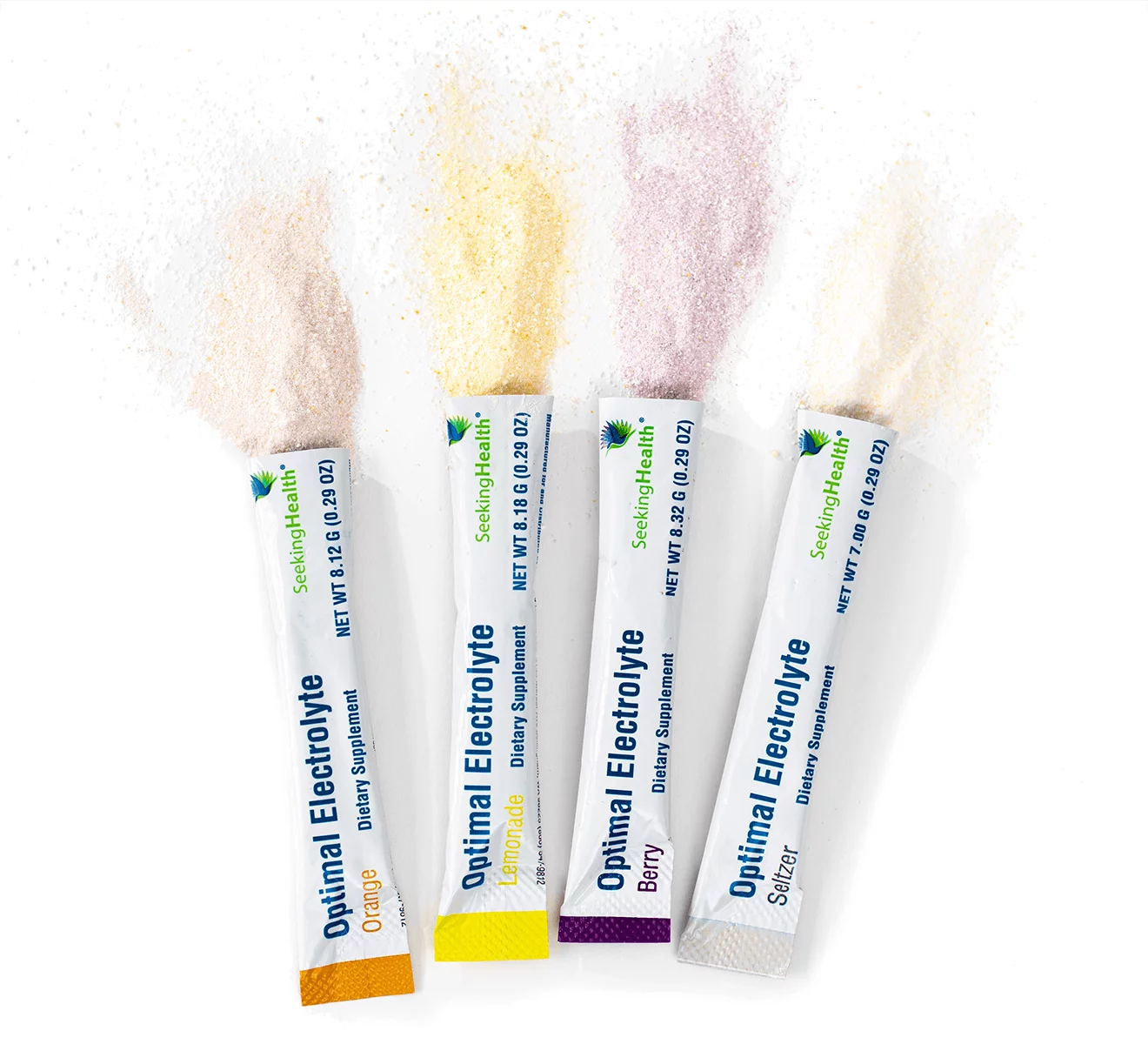

Electrolytes
& Athletes
No matter what sport or skill level, electrolytes are especially important for those with active lifestyles.
Electrolytes have significant value for athletes. While sweating is a normal part of life, athletes tend to lose more fluids via sweat than the average person. Sweating is a natural cooling process stimulated by the nervous system. Athletes sweat more to trigger this cooling process due to the elevated anaerobic and aerobic activities.
Sweat and Electrolytes
Any time your body sweats, you lose water and electrolytes. Hydration is essential, but so is replacing these crucial nutrients. Refueling fluids and electrolytes after heavy sweating and exercise is essential to maintain healthy balance in the body.†
Dehydration
While it’s not always easy to remember to hydrate in the middle of intense workouts, it can be easy to work it into a routine. Dehydration isn’t always associated with feeling thirsty. You can be dehydrated before you actually have the sensation to drink. Being dehydrated or unbalanced in electrolytes can reduce an athlete’s ability to train at optimal capacity. Even in a slightly dehydrated state, performance goes down and an athlete can feel they’re working extra hard to perform at the same level.
Performance and Recovery
Hydration and electrolytes go beyond athletic performance. They also play a major role in post-workout recovery, too. If your body doesn’t have enough water, electrolytes, and oxygen after a workout, it will be harder to re-energize tissues. It will also be more difficult to remove waste from individual cells and from the entire body. Electrolytes also help to support muscle recovery after exercise or athletic events, too.†
Electrolytes & the Importance for Elite Athletes
If you’re an athlete who notices that you sweat a lot and it seems to be extra salty, it might be beneficial
to replace electrolytes before workouts or training sessions.†
Electrolytes are positively and negatively charged ions. They conduct electrical activity that allows the
cells and the body to perform essential functions. Electrolytes are required in proper, balanced amounts
to keep fluids at appropriate levels. They also support healthy muscle contraction and neurological activity.
Without this essential support, normal daily functions would not be possible, let alone elite athletic
performance.†
The kidneys play a vital role in fluid balance. They can excrete electrolytes or conserve them to ensure that the body stays as balanced as possible. The extra stress of strenuous exercise changes how the kidneys hold onto electrolytes like magnesium. Therefore, more electrolytes are lost during stressful athletic events.
When athletes sweat, the electrolytes most commonly lost are sodium (Na+) and chloride (Cl-). Other electrolytes like potassium (K+), magnesium (Mg2+), and calcium (Ca2+) can also be lost through sweating. This is especially true when you sweat a lot on a regular basis.
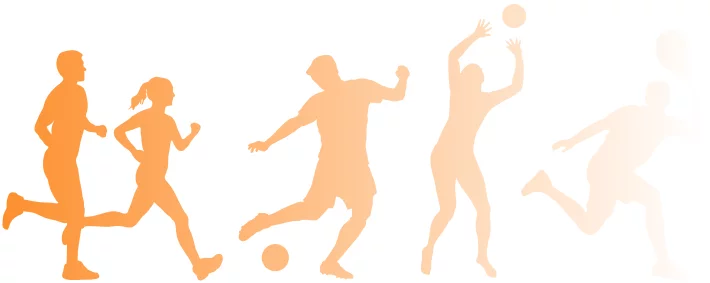

The electrolytes that are lost are most commonly through sweat are sodium (Na+) and chloride (Cl-), potassium (K+), magnesium (Mg2+), and calcium (Ca2+)
Athletes must hydrate and replenish electrolytes on a regular basis in order to replace lost nutrients and
to be able to train at peak performance levels.†
Replacing water alone won’t restore electrolyte balance. Sports drinks are popular because they contain fluids and electrolytes, but they also contain a lot of other unnecessary ingredients and added sugars.†
How Many Electrolytes Are Lost During a Workout?
The answer of how many electrolytes are lost each workout differs based on the person, hydration levels, and type of activity.
Sweat has a salty taste to it because of the presence of electrolytes. Even if your sweat does not seem to be salty, you still lose electrolytes during the perspiration process.
Athletes can become dizzy, lightheaded, and get muscle cramps because of losing too many electrolytes. This is why many replace electrolytes during workouts or sports performances, and not only at the end. While the body aims to keep electrolytes balanced at all times, elite trainers and athletes simply push the body harder. This requires more frequent replacement of electrolytes than happens through normal diet alone.
How Should Athletes Replace Electrolytes?
Before, during or after workouts?
Click to find out.
Before Workouts
If you’re an athlete who sweats a lot and it seems to be extra salty, you might benefit from
electrolytes before workouts or training sessions.† This could be done 1 to 2 hours before. This can also
be helpful for anyone who will workout or train in hotter temperatures.
During Workouts
Electrolytes can be replaced during workouts. This can help the body to better use stored carbohydrates
for energy as well as shorten the post-workout recovery time.†
After Workouts
Consuming electrolytes after workouts can help to maintain proper fluid balance and lead to better recoveries.†
Electrolytes typically contain sodium because water follows salt. This is why eating a high-salt diet can lead
to water retention. Consuming the right amount of sodium, along with other electrolytes,
can benefit your body’s ability to hold onto water and fluids when they’re needed, like after a hard workout.†
Before Workouts
If you’re an athlete who notices that you sweat a lot and it seems to be extra salty,
it might be
beneficial to replace electrolytes before workouts or training sessions. This could be done 1 to 2
hours before. This can also be beneficial for anyone who will workout or train in hotter
temperatures.
Electrolytes
& Pregnancy
Electrolytes can be beneficial during pregnancy and breastfeeding.† During pregnancy, fluid needs are increased.†


Dehydration can result in headaches, swelling, muscle cramps, and even excess feelings of thirst.
Drinking plain water can help, but this may not resolve the need for electrolyte balance. By drinking electrolytes on a regular basis, it can support ongoing normal healthy fluid levels, which of course supports an ongoing healthy pregnancy.†


Breastfeeding success relies heavily on having enough fluids in the body to produce breast milk.†
To support optimal breastfeeding, moms should make sure they’re properly hydrated and getting enough electrolytes along with other important vitamins and minerals.†


Are all electrolytes safe during pregnancy and breastfeeding?
Some sports beverages that use artificial flavors or colors might not be considered safe during these times, but the actual electrolytes themselves are not only safe, but necessary.† When choosing an electrolyte product, make sure to ask your doctor which product they recommend and always follow your doctor’s instructions.


